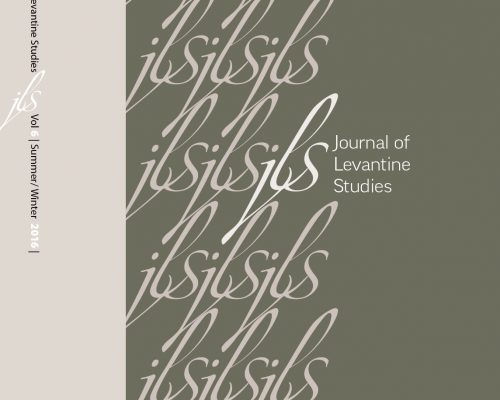Jorge M. Pedreira
The 1773 law abolishing the distinction between New and Old Christians put an end to an extremely resilient foundation for discrimination that had been embedded in the Portuguese social order for more than two centuries. Although the New Christian community had long been eroded by emigration, statutes of blood purity still upheld that discrimination. The Marquis of Pombal, the powerful secretary of state, was atypically cautious in suppressing such an entrenched social barrier, only taking the decision to do so after a full institutional procedure. The decision is associated with both the government’s regalist offensive, which aimed at the church’s subordination, and with a set of measures designed to give the Crown a monopoly over the legitimate system of social classification. Among such measures, the onslaught on a clique of aristocratic families and their pretensions to blood purity in 1768 is most revealing, as it represents a positive claim to that monopoly.
Suppressing the distinction served to reinforce state power in other ways. Although a reformer, Pombal based his policies on the principles of seventeenth-century mercantilism and raison d’état. To end foreign ascendancy over Portuguese colonial trade and secure the Portuguese monopoly of that trade, he had to eliminate contraband, which could be partly accomplished by abolishing the discrimination against the Jews, who would otherwise, Pombal felt, be contraband’s most redoubtable agents. It would also facilitate the promotion of a group of merchants who could run the trade with the colonies. In this way they would no longer be concerned about their profession being associated with a reviled ethnic ancestry, and they could be more confident of their respectability. The abolition of the distinction between New and Old Christians was thus an instrument of statebuilding through social reform.


